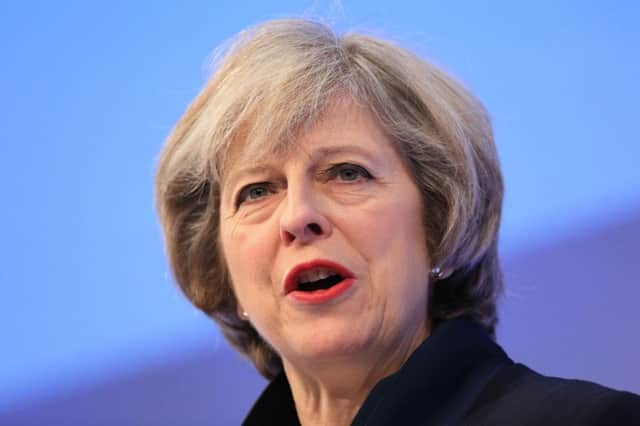Risks from early trade deals


This is no surprise, since it is a long time since the Conservative party could be deemed an ally of the farming industry. It is also a sign that Andrea Leadsom at DEFRA is not pressing the case for farming and food within government This is unfortunate, since the food industry, which relies on farming for its supply base, is high in the top ten of UK manufacturing industries. It may not be a ‘sexy’ industry for the government, but it provides a lot of jobs, guarantees food security in an uncertain world and contributes well to the UK economy.
This is further evidence that there will be big challenges in the Brexit negotiations, and probably even greater challenges afterwards. While many will be sorted out, my concern would be that trade will potentially cause the greatest long term damage to the farming industry. I may be entirely wrong, but my hunch is that the danger will come from the government’s determination to secure early global trade deals that will grab headlines and reassure people that Brexit can deliver for the UK economy.
Advertisement
Hide AdAdvertisement
Hide AdThis points to a default position based around tariff free trading. The main aim for the government will be to secure access to key markets for areas of the economy it deems vital. These include banking, other financial products and insurance, along with the high tech sectors it identified this week as priorities. To secure those goals will mean opening the UK market to tariff free imports. This is part of any trade negotiation, but when they are at an EU level, thanks to the power of the European farming lobby and France, sensitive products are identified. In the main these are food related, with a prime example the protection for beef as part of the Mercosur trade negotiations with South America.
It is however hard to envisage the farming lobby in the UK having the same influence to secure recognition for sensitive products. On that basis all food is under threat, given that the countries the government is keenest to do trade deals with include Australia, New Zealand, India North America and Brazil. This is a double threat because it will be easy for the government to write off the damage to farming as a price worth paying to secure a deal.
As well as opening up export possibilities, part of the government’s win, win would be that it could claim food companies would benefit, because they would have access to cheaper raw materials. They may lack the quality assurance of home produced farm products, but that could be deemed a price worth paying. At the same time consumers will be told they are gaining from having access to cheaper food on supermarket shelves. Much as people like the idea of short food chains and provenance they like cheap food more, particularly when the weakness of sterling is driving up the inflation rate.
This is something the farming industry will find difficult to battle. It might secure some support in doing so from the food industry, but wider politics are driving Brexit. The commitment to early and headline grabbing trade deals cannot be under-estimated. We know from past comments that the DEFRA secretary, Andrea Leadsom, sees opportunities for food built around tea, biscuits and jams so there is not a lot there for agriculture. The government message will be that UK farming can be supported with environmental subsidies, but these are unlikely to be as generous as the CAP has been. Farmers will be told they can become more efficient and produce at the price of tariff free imports, and that they will still control the fresh market and the top end of the retail market where provenance is important. This could ultimately create a more efficient farming industry, but it is a prospect that comes with considerable risk.
Advertisement
Hide AdAdvertisement
Hide AdThis is very much a worst case scenario on trade, but it is better that farming is aware of the potential risks. My view of what is driving post-Brexit trade policy may be pessimistic and even wrong. But with a government determined to secure early trade deals, and no commitment from any minister about the importance of farming to the economy, this worst case outcome could all too easily become reality.